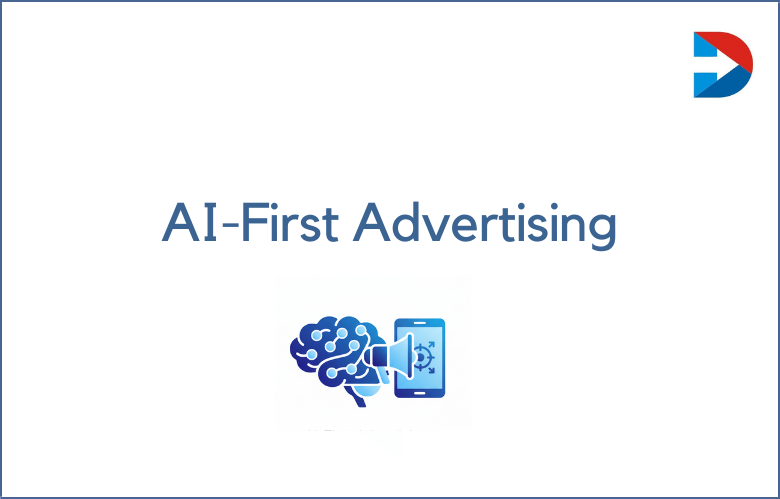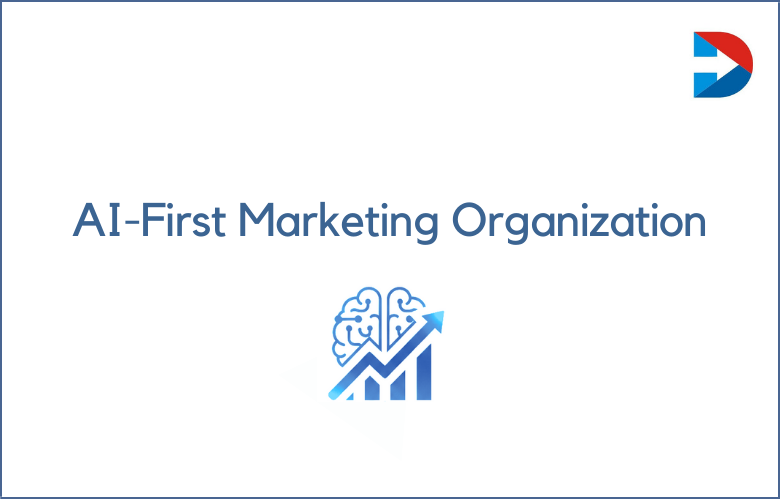
As technology continues evolving, so does how we consume and share stories. Digital storytelling has become increasingly popular in recent years, with the rise of social media and online platforms for content creation. But what happens when artificial intelligence (AI) enters the scene? How can this technology impact the way we tell stories online? We explore AI’s impact on digital storytelling, highlighting some of the ways technology is changing the game.
AI and Personalization
One fundamental way AI transforms digital storytelling is by making it more personalized. With AI algorithms, content creators can analyze data to understand their audience’s preferences. This means personalized recommendations for individual readers, curated content for specific groups, and customized experiences for every audience member. For example, Netflix uses AI algorithms to suggest movies and TV shows based on a viewer’s history. This personalized experience engages viewers and encourages them to return for more content.
AI and Visual Storytelling
Another way that AI is impacting digital storytelling is through visual storytelling. With the help of AI and machine learning, content creators can now generate high-quality images and graphical assets automatically. This means they can create stunning visuals with greater ease and speed without technical expertise. AI algorithms can analyze data from photos and videos to identify patterns and insights, improving the quality and relevance of visual content.
AI and Narrative Development
AI is also changing the way narratives are developed and crafted. AI algorithms can help content creators develop compelling storylines by analyzing big data sets and generating insights. This technology can also identify audience preferences and tailor stories to suit their interests. For example, The New York Times created an interactive story called “The National Parks” that uses machine learning algorithms to personalize the account for each reader based on their preferences and reading history.
AI and Audience Interaction
AI is enabling new forms of audience interaction. With the rise of chatbots and virtual assistants, creators can engage with their audiences in new and exciting ways. For example, news organizations can use chatbots to deliver news updates to readers in real-time. Interactive stories that respond to user inputs are becoming more common as technology improves. These forms of audience interaction help keep viewers engaged and make them feel more connected to the story.
Turing Tales: How AI is Revolutionizing Digital Storytelling
How AI is Revolutionizing Digital Storytelling is a subject of immense interest and importance today. With the rapid advancement of technology, it has become apparent that artificial intelligence plays a crucial role in transforming how we tell stories and consume media. AI is no longer just a futuristic concept but a reality already changing the digital storytelling landscape.
One of the key ways in which AI is transforming digital storytelling is through its ability to generate content. With the help of sophisticated algorithms and machine learning techniques, AI can mimic human creativity and produce compelling narratives that captivate audiences. Some of the most advanced AI systems can generate entire novels, screenplays, and even video games.
From Bytes to Bestsellers: The Rise of AI in Fiction Writing
Over the years, technology has dramatically transformed how we communicate, work, and even create art. One such technological innovation that is steadily breaking new ground is Artificial Intelligence (AI).
AI has found a new, unexpected playground in literature and writing, paving the way for a new era in the creative industry. This emerged as an idea with predictive text algorithms that can help writers generate sentences and paragraphs based on a given prompt, but the application of AI to writing has evolved to much more.
The basic principle behind AI in writing is the creation of algorithms that mimic human thought processes and language patterns, enabling machines to assist or even replace human authors in the writing process.
This transformation from bytes to bestsellers is facilitated through deep learning technologies, natural language processing (NLP), and machine learning algorithms, which enable these systems to analyze vast volumes of data and generate coherent, compelling narratives.
The AI Odyssey: Exploring the Impact of Artificial Intelligence on Digital Narratives
Artificial intelligence has been making waves in the realm of digital narratives. The impact of AI on storytelling, gaming, and entertainment is becoming increasingly evident with each passing day.
AI is revolutionizing the way stories are created, consumed, and shared. With the ability to analyze data, recognize patterns, and interpret emotions, AI algorithms have been developed to generate unique and engaging narratives. These narratives can be personalized to suit the tastes and preferences of individual users.
The gaming industry, too, is reaping the benefits of AI. AI-powered games are more immersive than ever, with virtual characters that exhibit a range of emotions and respond to player actions in real time. This has led to a boom in the popularity of AI-powered games, which are gaining traction across all age groups.
Beyond Humans: AI-Powered Storytelling and its Cultural Impact
Artificial Intelligence (AI) has been becoming increasingly prevalent in our daily lives. It is used in various applications, such as virtual assistants, self-driving cars, and financial trading systems. However, one of the most promising fields of AI development is in the realm of storytelling.
AI-powered storytelling is an innovative approach to creating stories that can have a significant cultural impact. It involves using algorithms to generate narratives that mimic human creativity and imagination. The emergence of AI-powered storytelling has opened up avenues for creating content with unprecedented speed while being more cost-effective than traditional methods.
AI Storytelling: The New Frontier in Creative Expression
AI storytelling is the latest revolution in the realm of creative expression. Its potential for producing engaging and meaningful text content is tremendous. The impressive capabilities of AI narrative generation have brought about a new era of creativity that is revolutionizing how writers, marketers, game developers, and media producers produce their content.
This fast-evolving technology is built on machine learning algorithms trained to analyze large amounts of data to learn how to recognize patterns in human speech and behavior. With these patterns established, AI algorithms can form sentences, paragraphs, and even entire books that are captivating, informative, and rich in meaning. AI-powered storytelling technologies are now expanding the creative landscape for writers and authors worldwide.
Scripted by Sci-Fi: Unleashing the Potential of AI in Digital Storytelling
Sci-fi has long fascinated humans, capturing our imaginations with tales of futuristic worlds and fantastic technologies surpassing our current understanding. Artificial intelligence (AI) is one such technology that has been a recurring theme in sci-fi for decades. From HAL 9000 in 2001: A Space Odyssey to Samantha in Her, AI has been portrayed both as a force for good and for evil.
However, despite being a constant topic of speculation in sci-fi, AI has only recently begun to be utilized in digital storytelling. With AI technology advancements, digital content creators can leverage their potential to craft more intricate and immersive stories.
One primary application of AI in digital storytelling is creating personalized content. AI algorithms can analyze user data to determine their interests and preferences and generate tailored content. This enhances the user experience and increases engagement and retention rates for digital platforms.
The Algorithmic Plot Twist: AI’s Influence on Unexpected Narratives
The rise of artificial intelligence (AI) has sparked an algorithmic plot twist in the world of narratives. With the ability to analyze vast amounts of data and simulate human thought processes, AI is becoming increasingly influential in shaping unexpected plot twists and character arcs in literature, film, and television.
One striking example of AI’s impact on narrative can be found in the 2016 horror film “Morgan.” IBM’s Watson, a natural language processing AI, created the film’s trailer. Watson analyzed the film’s footage and selected the most suspenseful moments, which were then edited together to create the trailer. This innovative approach was successful, as the trailer generated buzz and anticipation for the film’s release.
Conclusion:
AI’s use in digital storytelling transforms how we create, share, and experience stories online. This technology enables new storytelling and audience engagement forms, from personalization to narrative development.
As we continue to push the boundaries of what’s possible with AI and machine learning, we can expect digital storytelling to become even more dynamic and engaging. It’s an exciting time for content creators and audiences as we continue to explore the impact of AI on the art of storytelling.



